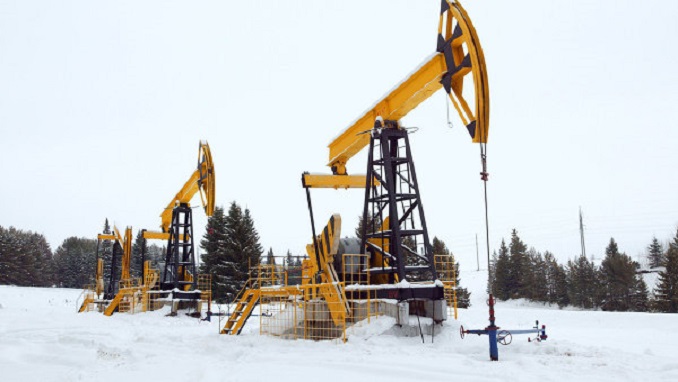Russian authorities have announced this month that domestic oil production hit 11.36 million barrels per day (bpd), on average in September, marking a new historic peak reached despite the often-cited poor shape of the Russian economy and negative impact of Western sanctions. But the news also raised eyebrows in some circles which think the figure could be overblown, according to the Jamestown Foundation.
Commenting on the news, Vagit Alekperov, the CEO and principal shareholder of oil giant Lukoil, assumed the current output levels cannot be sustained arguing that Russia has already reached the limit of its oil production capacity. On the other hand, Russia’s Energy Minister Alexander Novak disagreed.
According to analysts, Russia’s oil output could continue to grow in the years to come, but this will only be achieved as long as several difficult conditions are rectified. The global price of oil, which can make the development of the least accessible deposits profitable is an important factor. If the price exceeds $120 per barrel, Russia would be able to explore and to make operational its giant Arctic oil deposits, thus adding at least 20–30 percent to current production levels, according to estimates. The second factor is the level of free competition between national “champions” and multinational majors.
The next condition dictating whether Russian oil production levels can keep growing is the inherent efficiency of the domestic extraction industry. Even after around two decades of increasing investment, Russian oil companies still produce only 28–33 percent of oil from their wells. This results from the government’s policies, which do not place any strict regulations on recovery at existing deposits. Were the recovery rates to rise at least to the average level of European firms, Russia would be able to add (at least theoretically) up to 800,000 barrels to its daily output, experts say.
The Russian government has repeatedly shown an inability to press domestic energy companies to adopt new technologies, and attempts to set tighter standards has failed many times. Perhaps the most dramatic example of the latter occurred in early 2011 when a full-scale fuel crisis erupted in Russia after low-quality gasoline was banned from the market due to the inability of the largest state-controlled company, Rosneft, to meet new government regulations.












